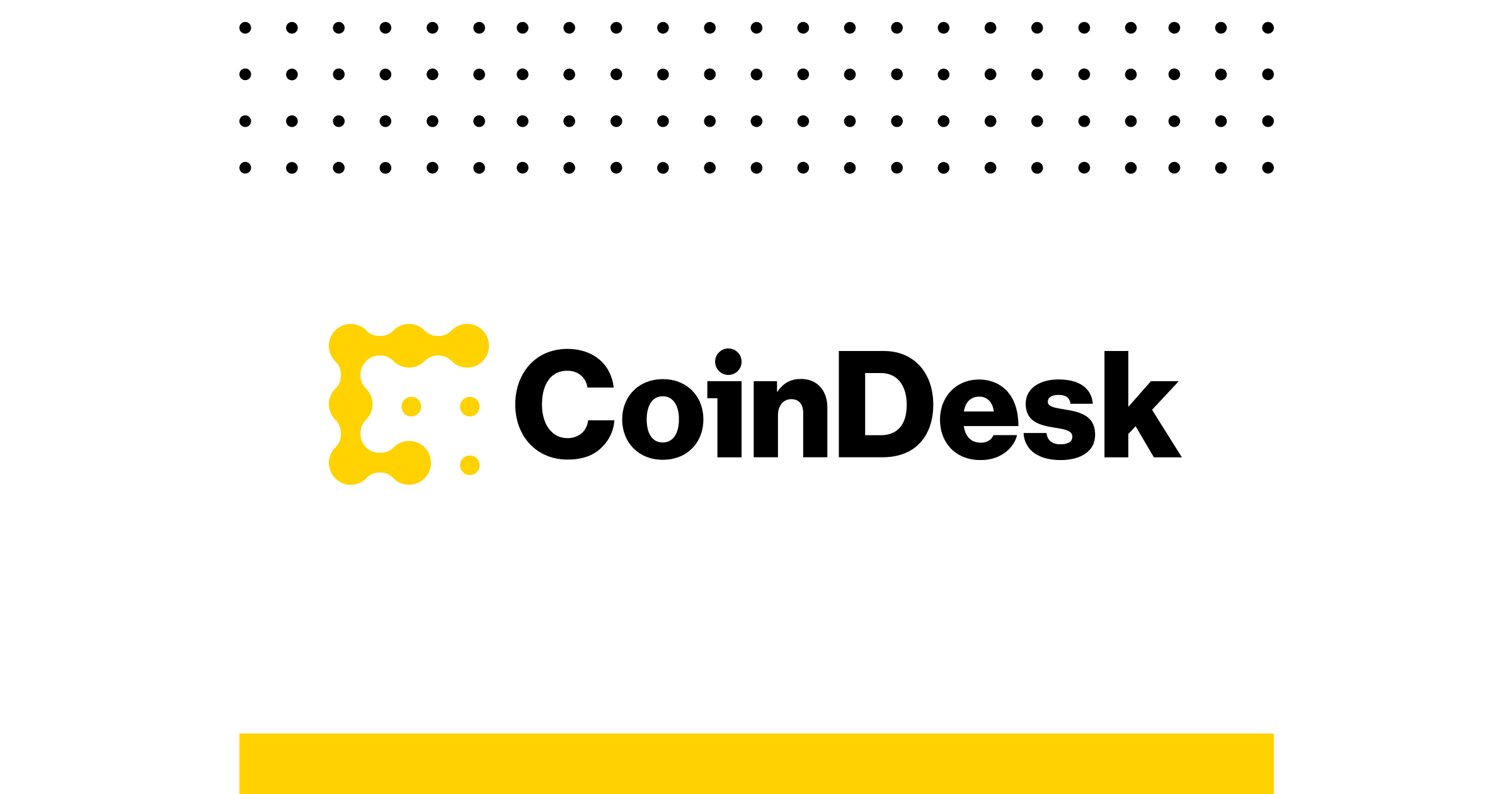
Vitalik Buterin supports a 36-day limit on Ethereum node history to enable user-operated personal nodes.
Vitalik Buterin, one of the co-founders of Ethereum, has put forward a new initiative aimed at enhancing the efficiency and accessibility of the blockchain network’s nodes.
In a recent post, Buterin emphasized that the sustainable future of the network hinges on individuals’ ability to operate personal nodes, which is becoming more complicated due to increasing demands for storage and bandwidth.
He pointed out that Ethereum nodes are fundamental to the blockchain’s infrastructure, as they hold transaction records, verify actions, and support the preservation of decentralization.
However, as the network expands, the process of running a full node has become more resource-demanding, leading many users to depend on centralized Remote Procedure Call (RPC) services due to:
“The overhead is impractically high, and even after many efficiency improvements it is likely to stay expensive.”
Buterin noted that this transition poses risks to privacy, resistance to censorship, and undermines Ethereum’s essential value of decentralization.
For this reason, he underscored the importance of maintaining the capability for users to manage personal nodes while navigating the obstacles posed by Ethereum’s development.
He stated:
“It’s valuable to have a full node so that you can have a local RPC server that you can use to read the chain in a trustless, censorship-resistant and privacy-friendly way.”
Buterin’s Recommendations for Ethereum Nodes
To facilitate node management, Buterin proposed giving priority to Ethereum Improvement Proposal 4444 (EIP-4444), which would reduce the amount of historical data required for a node to 36 days.
He also advocated for a distributed storage approach that fragments and distributes historical data across the network using erasure coding, ensuring that older blockchain data remains accessible.
He explained:
“This ensures the property that ‘a blockchain is forever’ without depending on centralized providers or putting heavy burdens on node operators.”
Additionally, Buterin suggested a reassessment of Ethereum’s gas pricing structure. He argued that raising the gas fees for state creation—such as opening new storage slots, deploying contracts, and sending ETH to dormant accounts—would help limit excessive data accumulation.
At the same time, he proposed lowering execution costs to alleviate pressure on the network.
Partially Stateless Nodes
A significant component of Buterin’s proposal is the concept of “partially stateless nodes.”
He explained that these nodes would not need to retain the entire Ethereum state but only a relevant subset tailored to the user’s specific needs.
According to Buterin, these nodes would still be able to verify blocks and answer data inquiries, but solely for the section of the state they oversee. He noted:
“The node is capable of responding to RPC requests as long as the required data is within that subset of the state; other requests will fail.”
For any additional data, he mentioned that node operators could utilize cryptographic measures or alternative services to maintain privacy and provide options.


















Post Comment